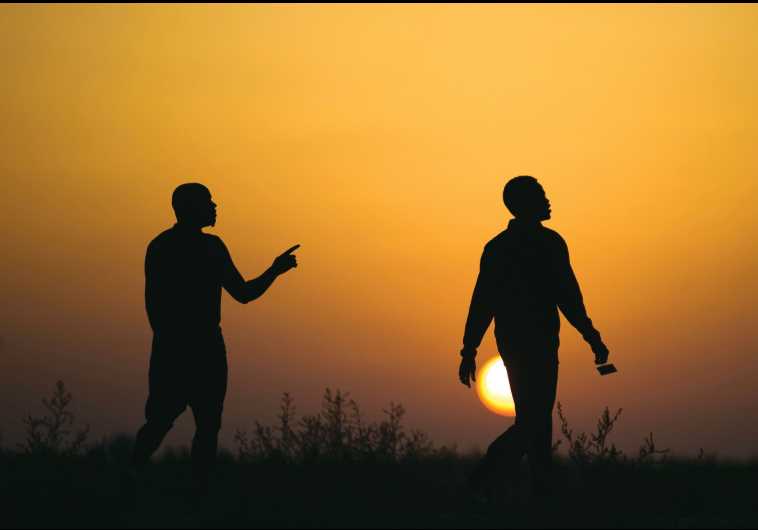High Court to decide key cases on rights of prisoners, migrants
In each case, the state already admitted that its position at the start of the case did not fully comply with the requirements of the law.
 African migrants walk outside Holot open detention center in the southern Negev last year.
African migrants walk outside Holot open detention center in the southern Negev last year.